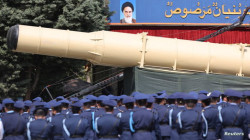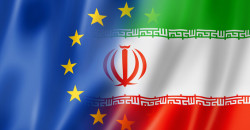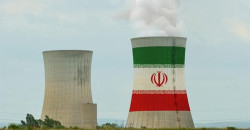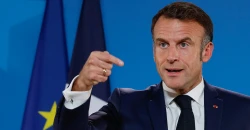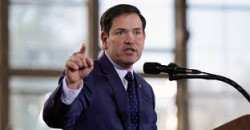Iran, Europeans meet for nuclear talks before Trump assuming position
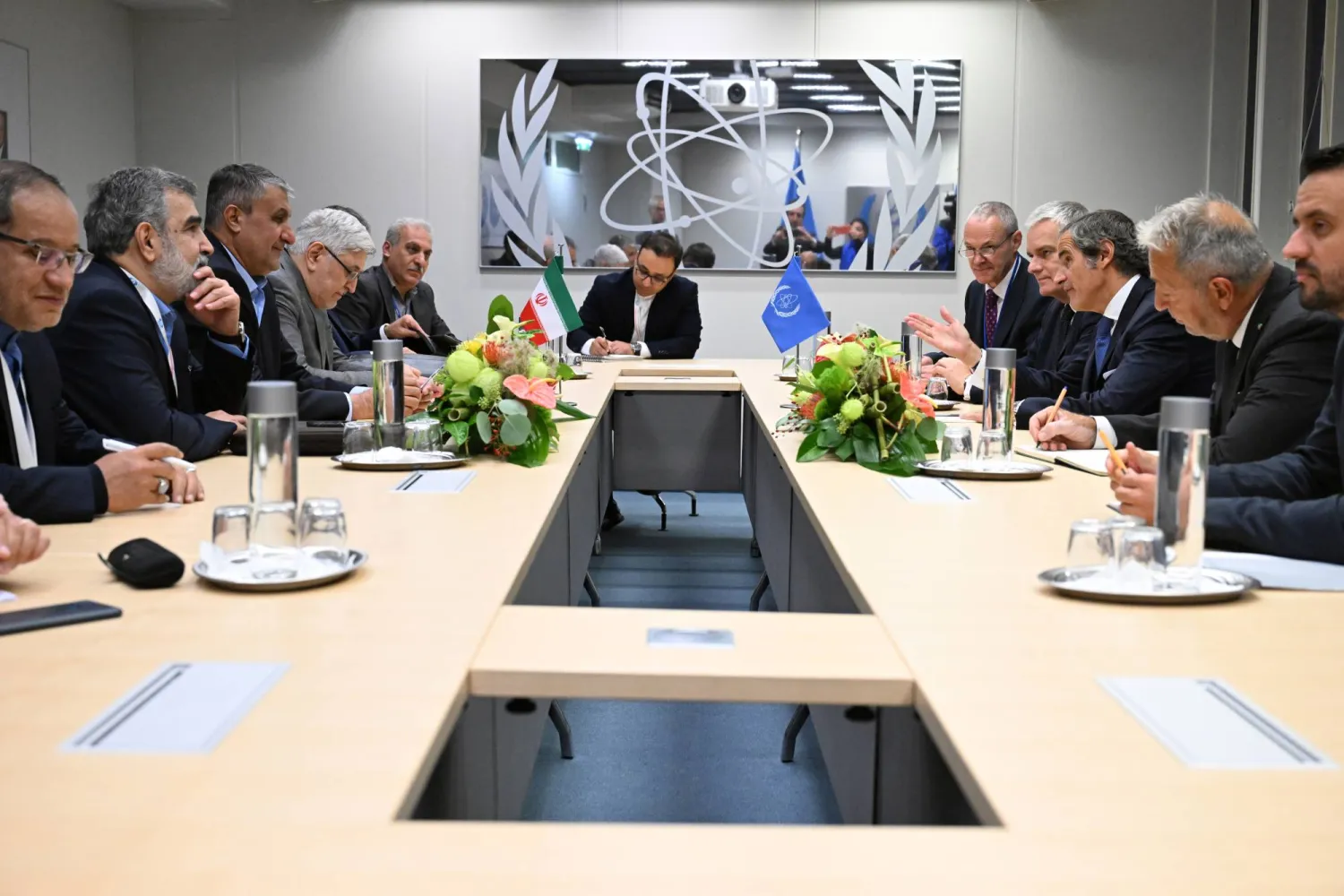
Shafaq News/ On Friday, Iran began talks with Britain, France, and Germany in Geneva over its nuclear program, marking the first such discussions since the US election, as tensions in the Middle East and beyond continue to rise.
The high-stakes meeting, shrouded in secrecy with little information released by the parties involved, comes less than two months before Donald Trump is set to return as US president. Trump’s inauguration on January 20 is expected to bring renewed pressure on Iran, with fears of escalating confrontations over its nuclear ambitions.
Iranian diplomat Majid Takht-Ravanchi, a key figure in the talks, represented Tehran alongside deputy foreign minister Kazem Gharibabadi. They met with Enrique Mora, deputy secretary-general of the European Union's foreign affairs arm, on Thursday to lay the groundwork for the negotiations.
Mora described their discussions as a "frank exchange" on topics ranging from Iran’s military support for Russia and regional tensions to the nuclear program and human rights concerns. “Avoiding further escalation is critical,” Mora said in a statement on social media platform X.
The meeting follows rising strain in the Middle East, highlighted by Israeli Prime Minister Benjamin Netanyahu’s recent warning that Israel would take "everything" into account to prevent Tehran from acquiring nuclear weapons.
The E3 nations have also ramped up pressure on Iran over its alleged supply of explosive drones to Russia for use in the Ukraine war.
Last week, the International Atomic Energy Agency (IAEA) Board of Governors adopted a resolution backed by the US, Britain, France, and Germany, condemning Iran for its “lack of cooperation” on nuclear oversight. Tehran dismissed the resolution as “politically motivated” and responded by announcing the deployment of advanced centrifuges to enhance its uranium enrichment capabilities.
Despite its defiance, Iran has shown willingness to engage diplomatically ahead of Trump’s return. Iranian officials continue to assert that their nuclear program is solely for peaceful purposes, pointing to a religious decree by Supreme Leader Ayatollah Ali Khamenei prohibiting atomic weapons.
The 2015 nuclear deal, formally known as the Joint Comprehensive Plan of Action (JCPOA), offered Iran relief from sanctions in exchange for curbing its nuclear program. However, the deal has been in disarray since 2018, when Trump withdrew the US and imposed a “maximum pressure” campaign of sanctions.
European nations have sought to maintain a delicate balance of dialogue and pressure, but Iran’s recent enrichment of uranium to 60% purity—a level significantly closer to weapons-grade—has heightened international alarm.
